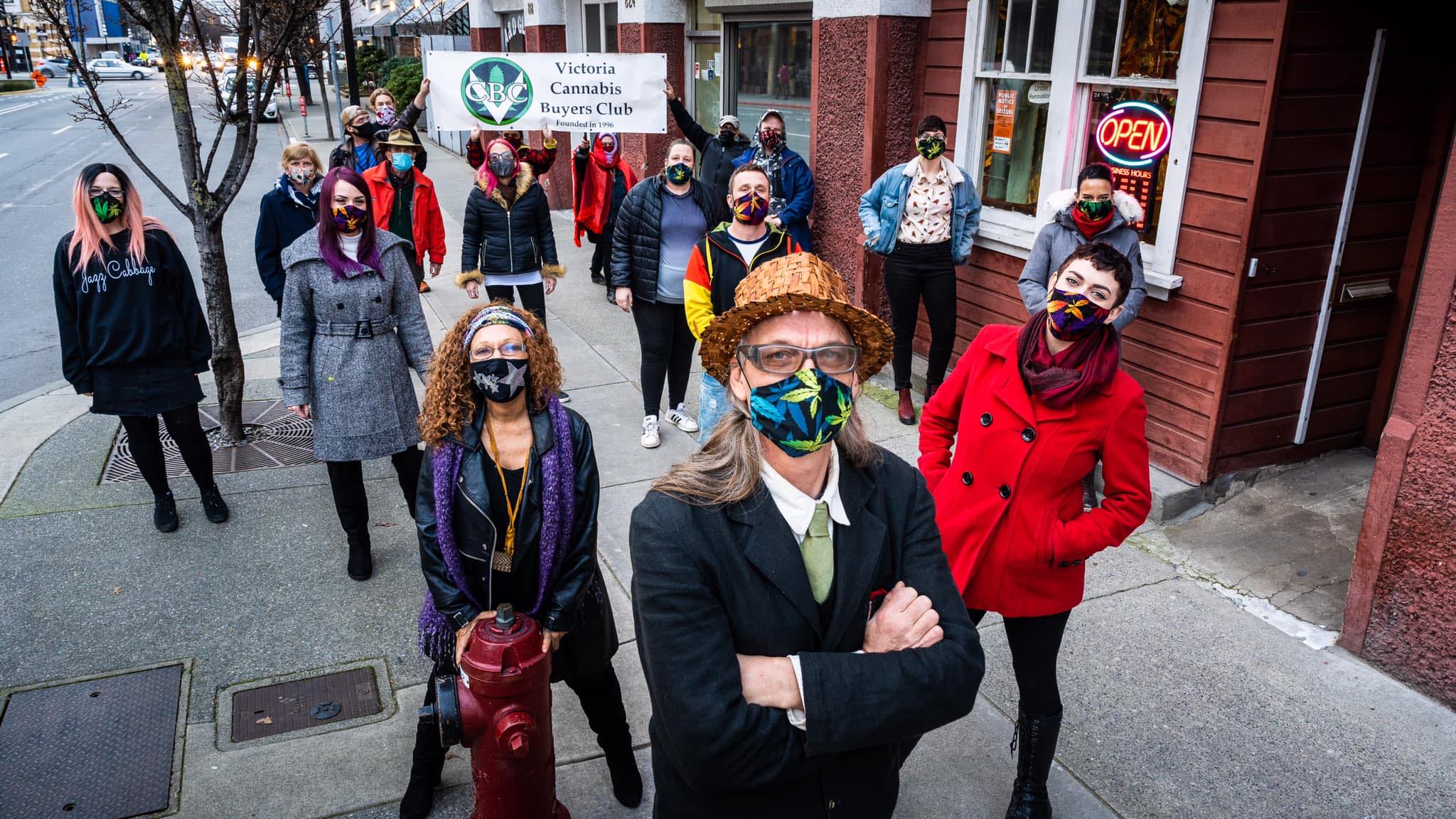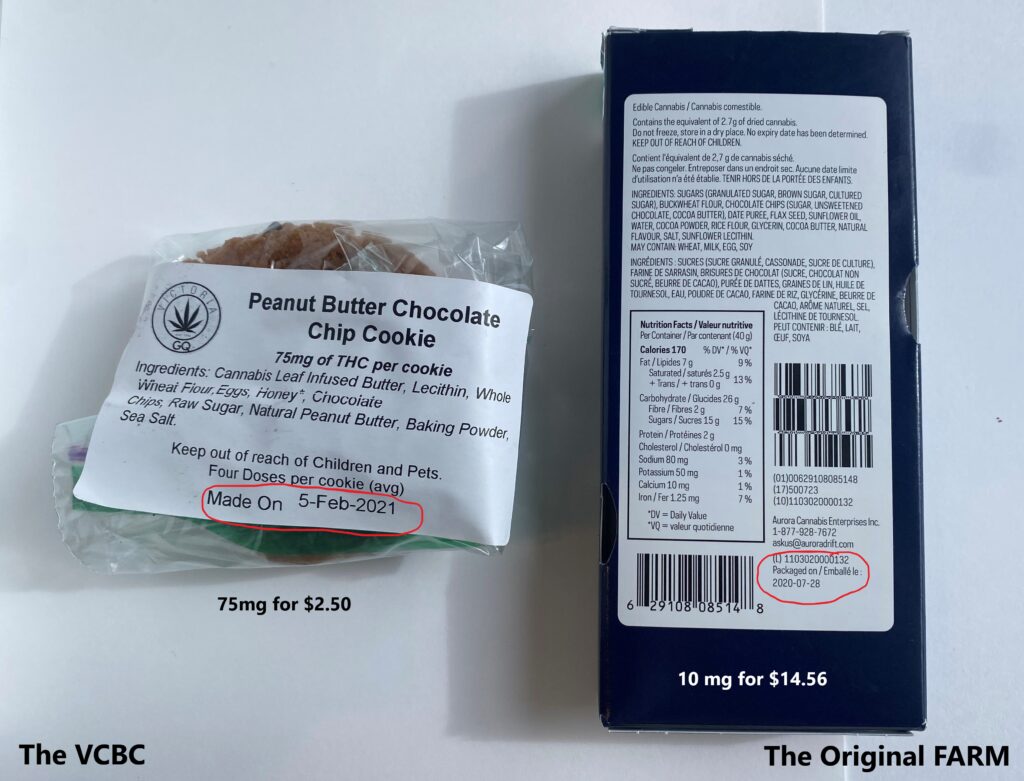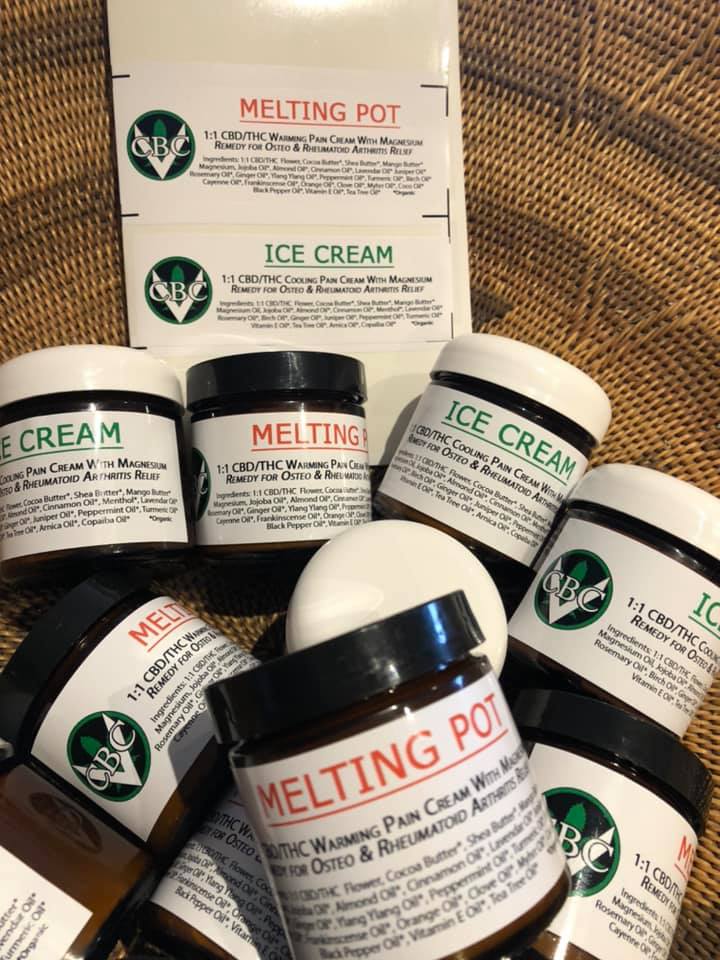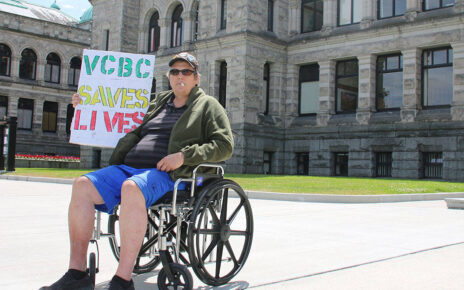To Dr. Bonnie Henry: Please Help
It is unimaginable that you have to manage two health care emergencies unfolding simultaneously. Your handling of the COVID-19 pandemic is nothing short of heroic. However, despite best intentions and concerted efforts, the opiate crisis rages on.
We come to both ask for help and to offer assistance in this tragedy.
This is a complex situation, yet simple from some perspectives. It is a matter of the rule of law conflicting with what is in the public interest. Bureaucracy versus compassion.
The Victoria Cannabis Buyers Club opened during a different medical crisis: the AIDS epidemic. After hearing first hand reports of the benefits of eating, smoking and topically applying cannabis for people who had contracted AIDS, and others treating serious conditions, we started the VCBC in January 1996. Now 25 years old, the club has over 8,000 members.
On the surface, legalization of cannabis seems ideal for patients. Unfortunately, the initial regulations the government has unrolled have made it impossible for the VCBC to transition into the legal system without fracturing the organization and leaving patients without the valuable products they require.
For example, the VCBC produces our own cookies that contain approximately 75 mg of THC and cost members $2.50. A cookie in the licensed cannabis store down the street costs $14.50 and contains the legal limit of 10 mg THC. Other products the club offers like suppositories are not even legally available anywhere to patients.
There are three ways cannabis can help with the opiate crisis.
First, low barrier access to high potency, low costs cannabis products reduces the use of dangerous street drugs that can cause overdose deaths.
Second, high potency, low cost cannabis products are very effective in helping former addicts cut down and eliminate opiate prescriptions like methadone.
Finally, patients in chronic pain are finding doctors cutting back or stopping prescribing opiate pain drugs due to stomach problems, addiction and a need to constantly increase the dosage and they find high potency, low cost cannabis products to be an excellent replacement or complementary medicine.
Recent studies confirming the use of cannabis as a substitute for opiate drugs, legal and illegal, have confirmed what many of us have understood from patient testimonials. TILRAY and researchers at UBC have both released clear evidence confirming a significant decrease in opiate drugs use amongst patients with low barrier access to high potency cannabis products. Other studies in the USA point to how there is evidence of a decrease in opiate overdose deaths in areas where even a single dispensary exists.
There is a direct connection between the closing of hundreds of dispensaries across BC when legalization came into effect and the constant increases in overdose deaths. The loss of high potency, low cost products available in accessible store fronts forced many to return to risky options to manage their pain and symptoms.
In my case, my love, Gayle Quin passed away 4 years ago after struggling with cancer, but what she taught me and others about the uses of cannabis will be a lasting legacy. For years we extended her life with a changing combination of fentanyl and cannabis suppositories, capsules, massage oils, patches, and salves, as well as vaporizing and smoking. There is absolutely no doubt in my mind of the extraordinary benefits of high doses of THC for the terminally ill and seriously disabled based on that experience alone.
After years of hearing stories like Gayle’s, the Victoria City Council has repeatedly come to the aid of our club. After the Community Safety Unit, a branch of the Solicitor General, raided the VCBC in Nov 2019, the mayor and council unanimously supported requesting the province grant the organization a temporary exemption. Correspondence to Mike Farnworth appeared to be ignored when the second raid occurred in July 2020.
However, an apology for the delay and a seeming admission that the Solicitor General agreed the VCBC deserved an exemption of some type came to a letter to the city in late Aug. It was noted the regulatory scheme was designed by the federal government.
During this time we have been working with a legal team at JFK Law Corporation to submit an application for a temporary exemption from Health Canada. It is not as simple as sending a request for a hearing or filling out a form. In fact, the information we send requesting the temporary exemption is essentially the documentation that will be used in any following legal actions.
In light of that, we have been collecting letters of support and affidavits from various politicians, doctors, economists, professors, community organizations, patients, and some testimony from a court decision in Alberta last year.
In the Howell decision, two key problems we have with Health Canada’s regulations are supported by the judge. The regulations restricting the THC limits in edible products for patients were struck down as arbitrary, and the inaccessibility of the medical cannabis program to the poor and homeless in particular were also identified as unconstitutional. The case is under appeal.
The CSU is now forcing eviction on the VCBC by March 31st, barring a miracle.
We need the BC Cabinet to grant the VCBC a temporary exemption to suspend the threat of eviction while we wait for a final answer from Health Canada on our exemption application.
You have the right and responsibility to ensure that every reasonable effort to stem the opiate crisis is taken. The survival of the VCBC in its current location depends on your support.
History will show that the work VCBC does is exceptional.
Now is the time for you to join the right side of history on this matter and support the VCBC in achieving an exemption from the BC Cabinet.
Ted Smith
Founder and President
Victoria Cannabis Buyers Club
826 Johnson St
Victoria, BC
V8W1N3
References
https://www.bmj.com/content/372/bmj.m4957
https://www.canlii.org/en/ab/abqb/doc/2020/2020abqb385/2020abqb385.html?resultIndex=1





